Fran Parry reflects on inspirational lessons from the Autistic Gardener

I have really enjoyed watching “The Autistic Gardener” on Channel 4. I picked it up late and intend to catch the rest on 4OD and I highly recommend you do too.
“The Autistic Gardener” TV show debuts in the U.K. >> https://t.co/MVGp64b9Gu @Channel4 pic.twitter.com/FDXBQJCT69
— Autism Speaks (@autismspeaks) July 10, 2015
A fortnight ago I wrote about my reflections on the key messages emerging from the IntoWork Convention and the absolute priority for really personalised programmes for individuals with challenging and sometimes multiple issues in their lives. This programme proved to be a beautifully executed and highly practical example of exactly what I was driving at.
The Autistic Gardener is Alan Gardner a highly talented horticulturalist (he’s a Chelsea Silver Medal winner), an inspired trainer and autistic himself, so he lives and breathes the condition and understands its impact upon employability at first hand. Alan’s approach is exciting, not least for his shocking pink hair and vivid tattoos, but the more so because he is a genuinely empathetic trainer and thoroughly grounded (no pun intended) in his approach to working with people on the autism spectrum.
Autism spectrum disorder (or condition) affects social interaction, communication, interests and behaviour. Alan seemed to prefer the description ‘neuro-diverse’ and referred to people without the condition as ‘neuro-typical’. It isn’t a particularly rare condition with 1 in 100 people being neuro-diverse and the incidence of diagnosed autism rising as we come to understand the condition better. ASD generally develops in childhood and seems to be triggered by significant early life events such as changing school. It isn’t a “curable” condition but as Alan’s techniques proved behavioural support and work place modifications help create a space in which people with autism and Asperger’s can best cope, work and thrive.
Alan’s entire young team of trainees sits on the autism spectrum and only one lives independently. However under his gentle and persuasive guidance they perform artistic transformations in the genre of their choice, landscape gardening. From my perspective as an amateur and pretty inadequate gardener the programme was pure gold, packed with great ideas and useful tips. These were serious landscaping projects working to create dream gardens for clients on a budget. But beyond that the programme teemed with revelations about the way in which neuro-diverse individuals see themselves and the world about them and the unique gifts of perception that they have. They “listened” to trees, caressed shrubs and had a literally encyclopaedic knowledge of genus. Inspired by them I sat in the garden yesterday and I listened to the trees too. I call it mindfulness. It was revelatory.
People with autism experience things much more intensely than those of us on the “normal” spectrum. They want order and disorganisation can cause them profound distress. They can be easily distracted. The flip side of this is that they “see” things very intensely experiencing things like a flower in all it’s infinite beauty. To me, a “neuro-typical”, it looked like a rather superior form of observation.
The key to Alan’s success is the way he brings his commercial clients on a journey introducing them to his team and their ideas. Early conversations looked to be stilted with neither side seeming to really understanding the other and a great deal of trust placed in Alan as the facilitator by both sides, but as the trainees delivered the completed project the clients were clearly delighted with the results and the relationships they had made with the team.
The “work place modifications” that Alan made for his trainees were simple, essential and effective. Time out was critical for some of them when things just got a little too stressful but they were pretty quickly encouraged back to work. Team work was potentially problematic so work was assigned to small teams with everyone having their lead responsibility. Most critically Alan listened. The youngest member of the team, James, had some cracking ideas but he found them hard to articulate. Alan gave him time to describe his ideas and the encouragement and responsibility to follow them through. The end result was creative, unique and quite stunning.
The programme was honest. The combination of dreadful weather, a complicated project and a workforce with complex issues led to a short delay in completion but the end result was worth it. An oasis in North London blending in to those noisy woods. I was left delighted that the crew had not only fully understood their commission but had delivered it with the richness of their amplified perception.
Fran Parry is an associate director at Inclusion and runs her own consultancy, Bright Sparks

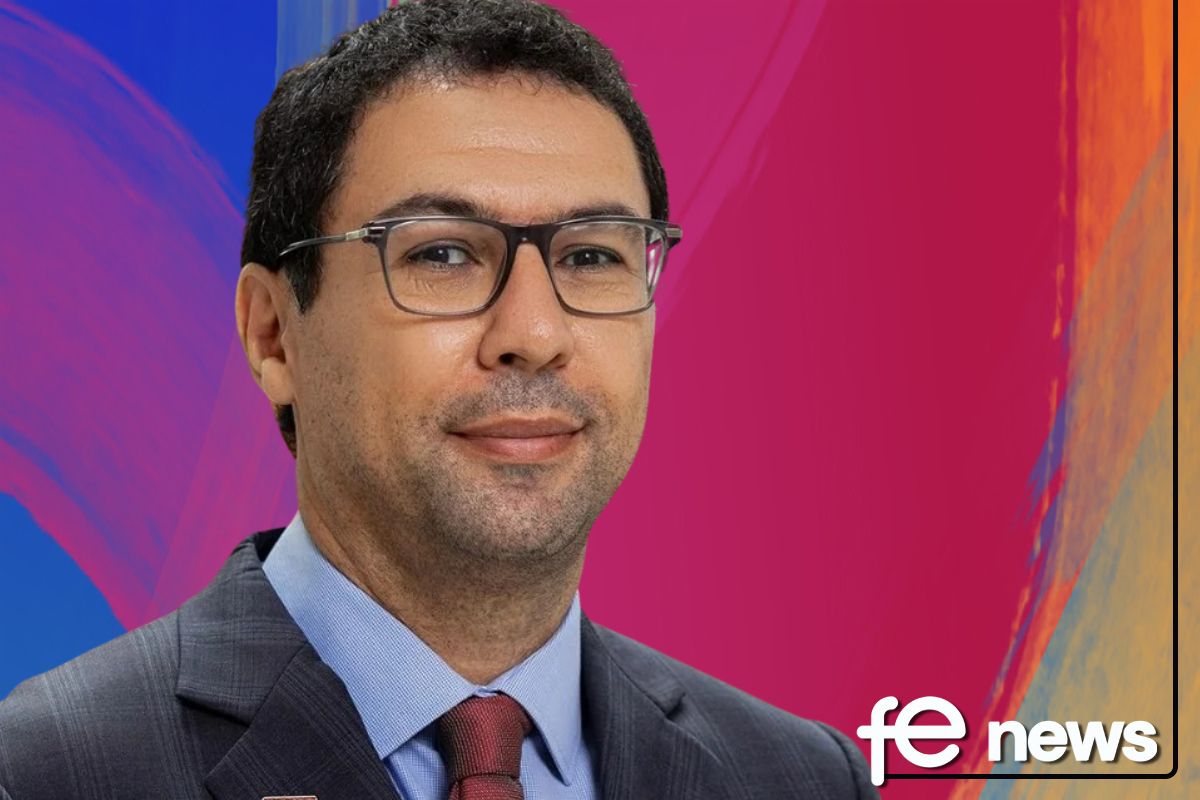
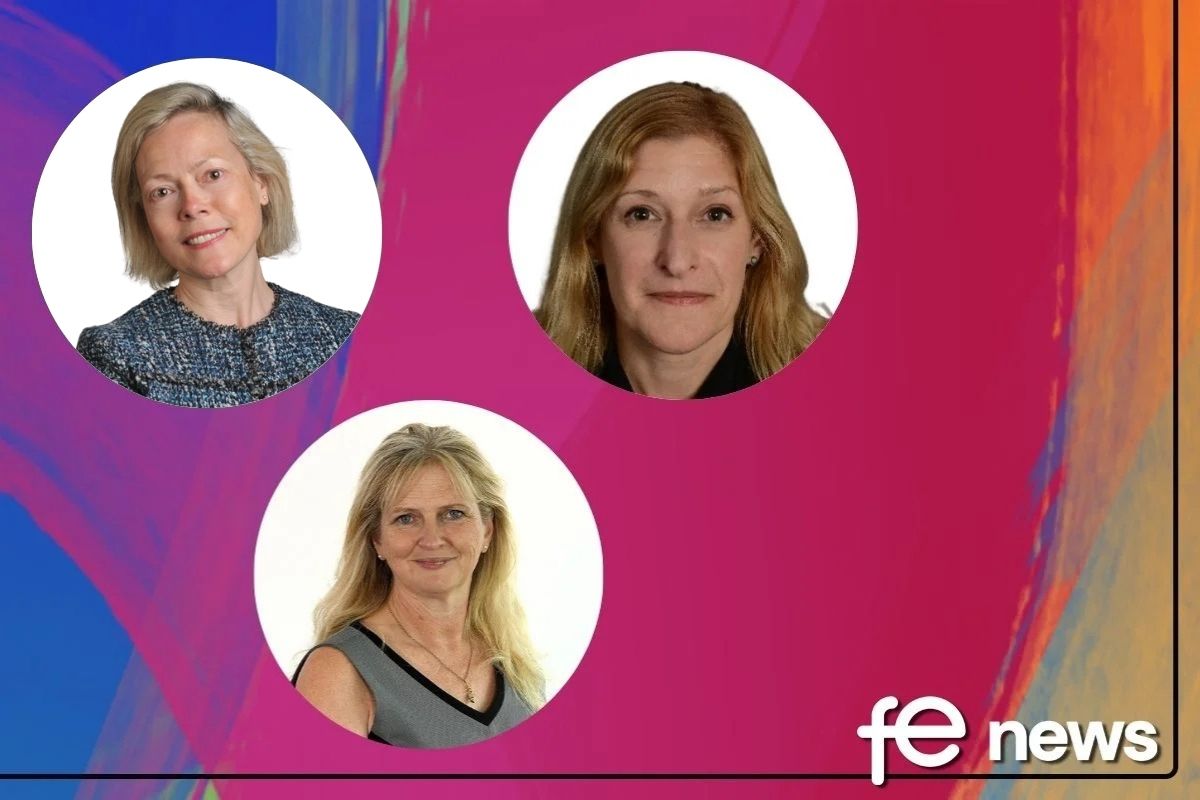
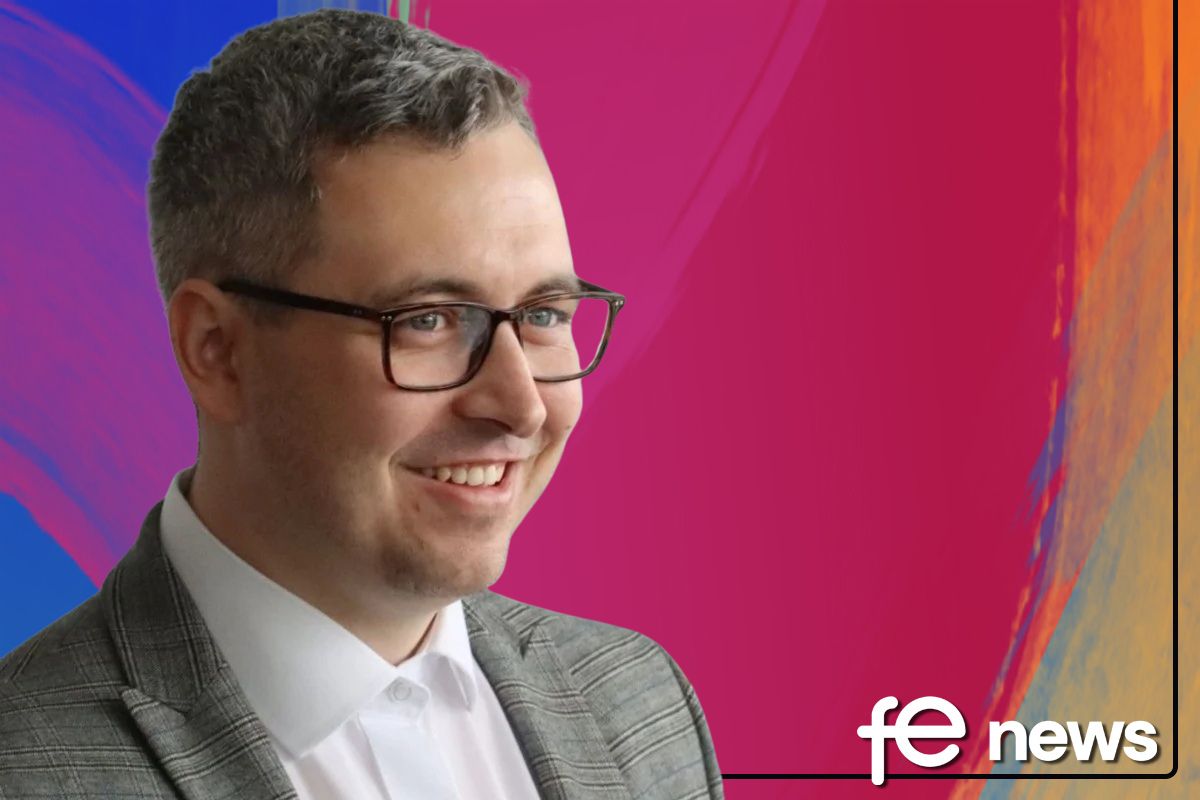
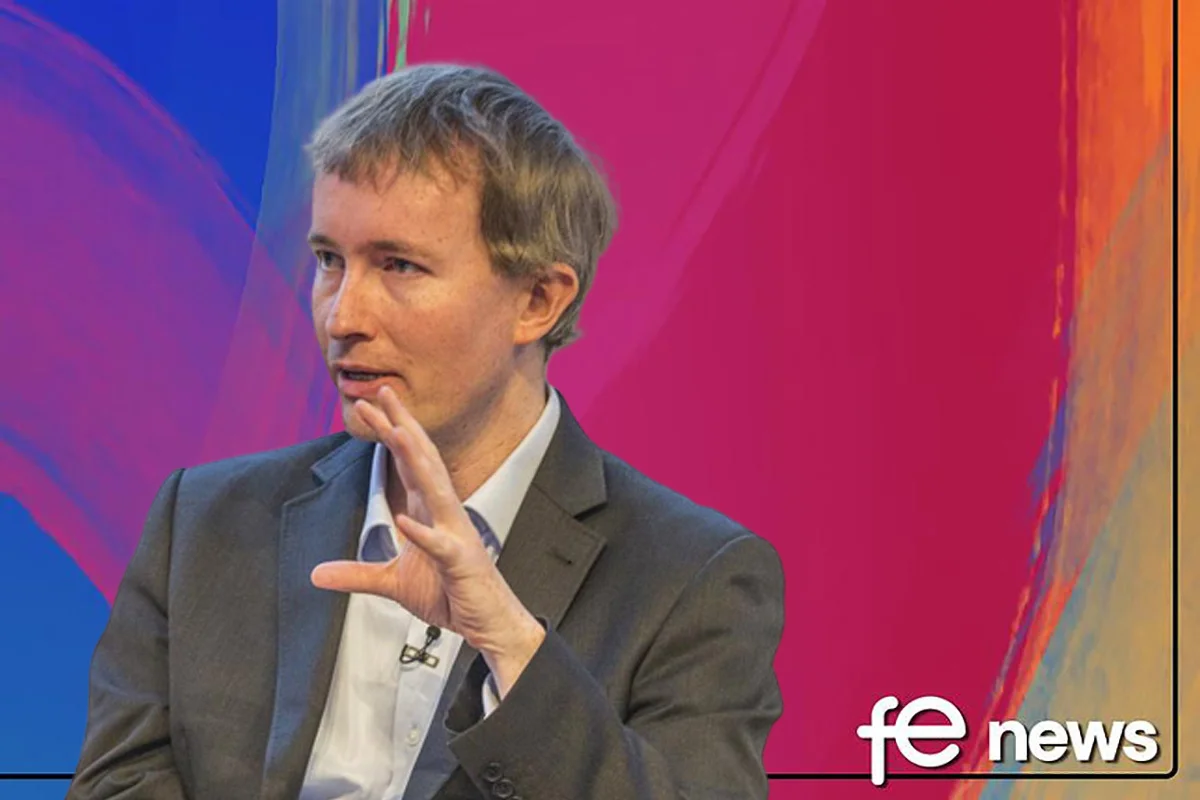
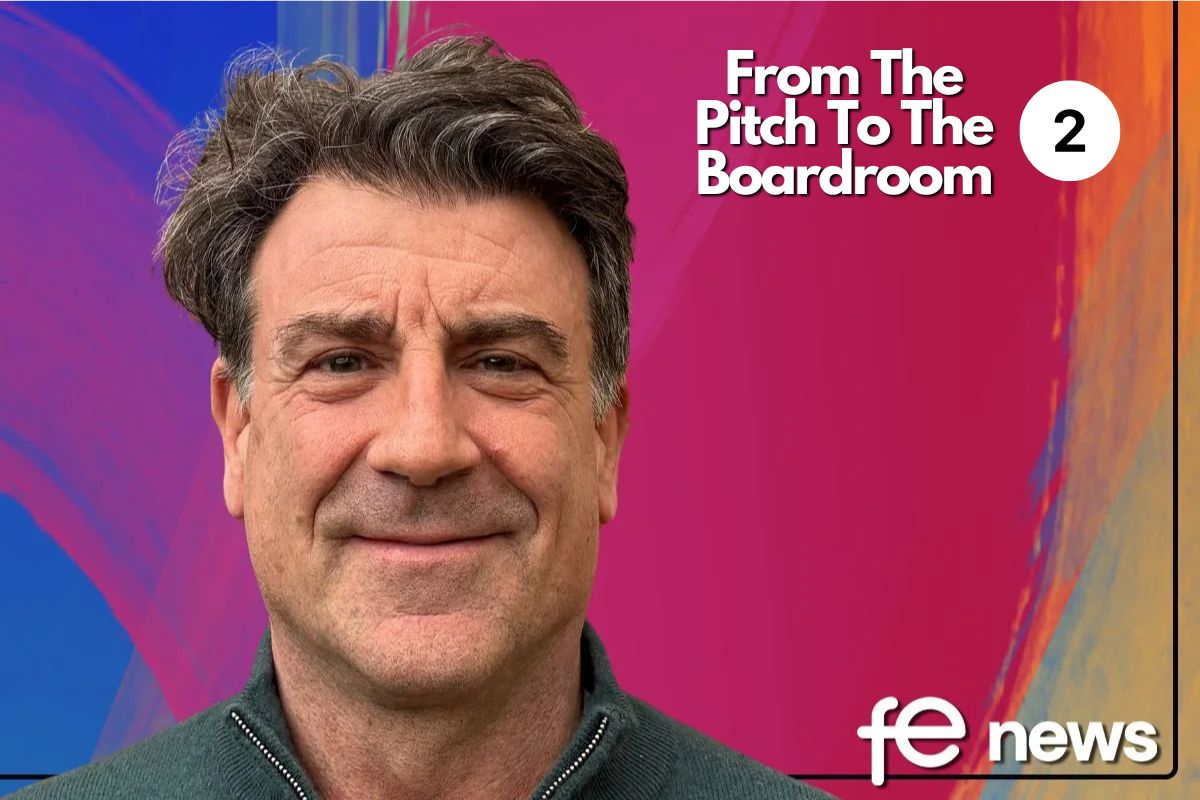

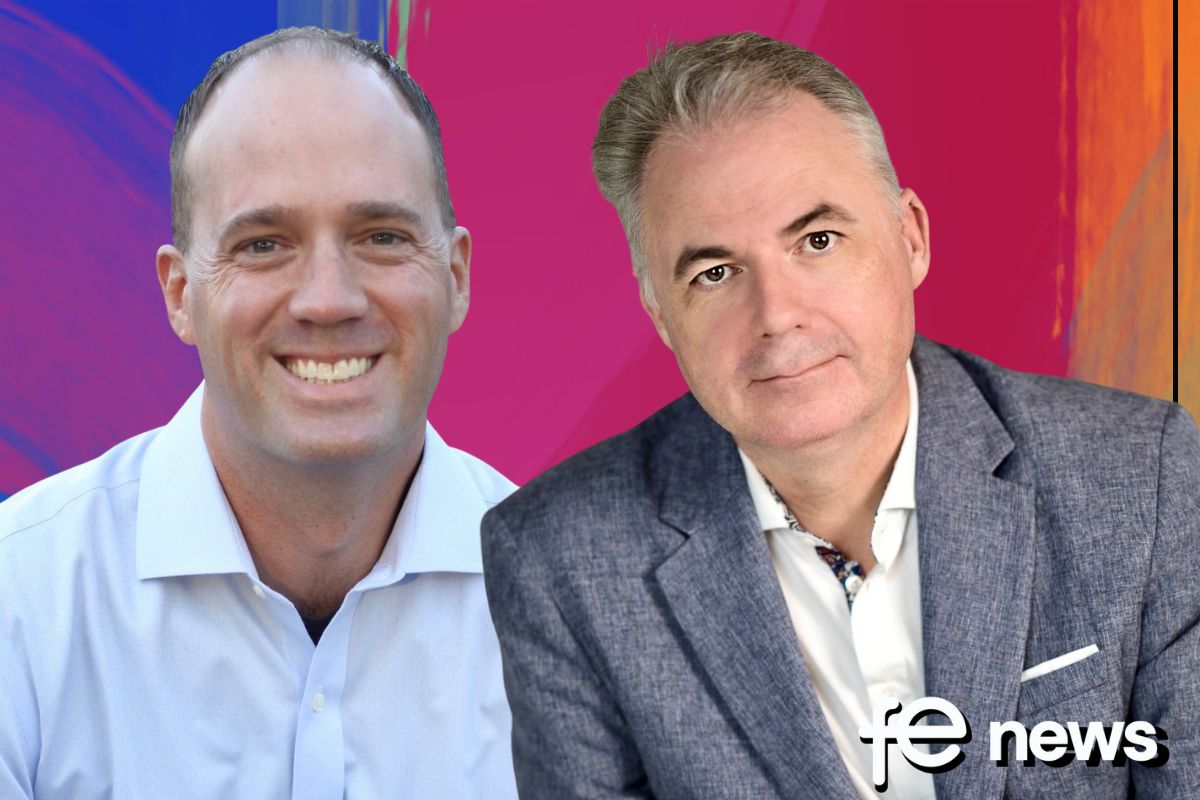
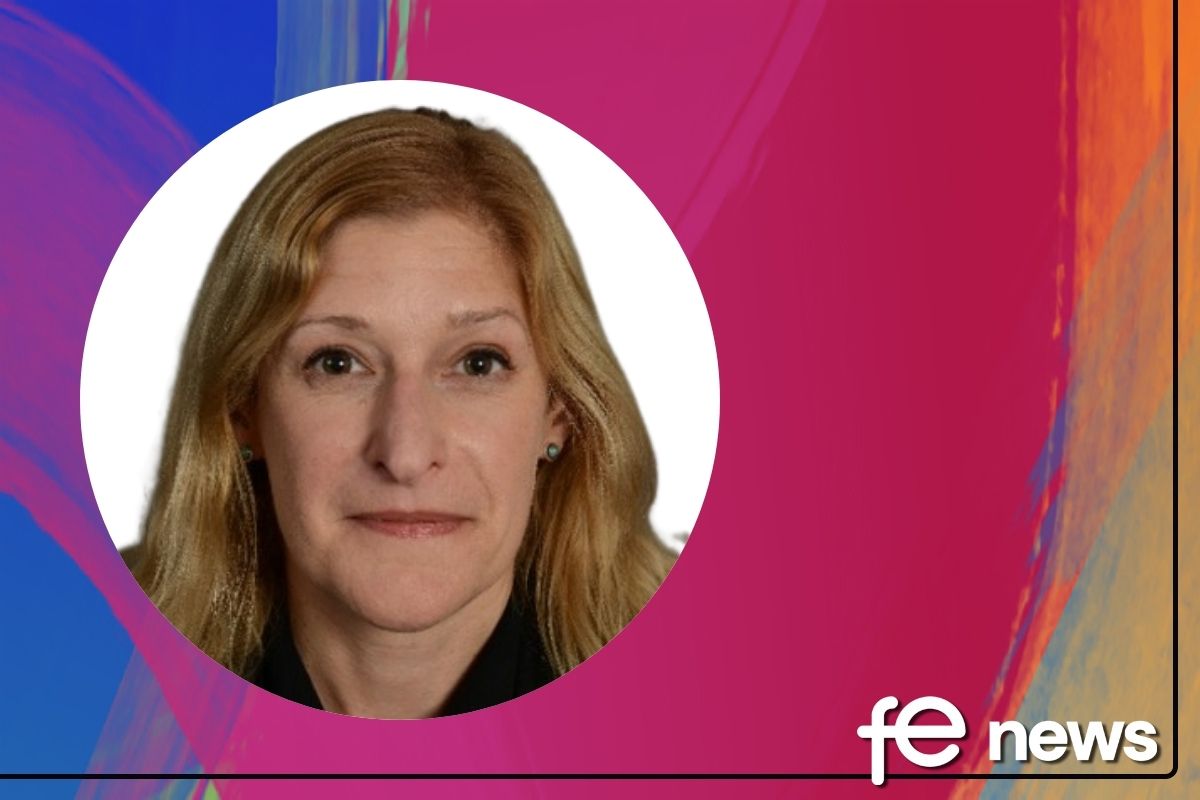

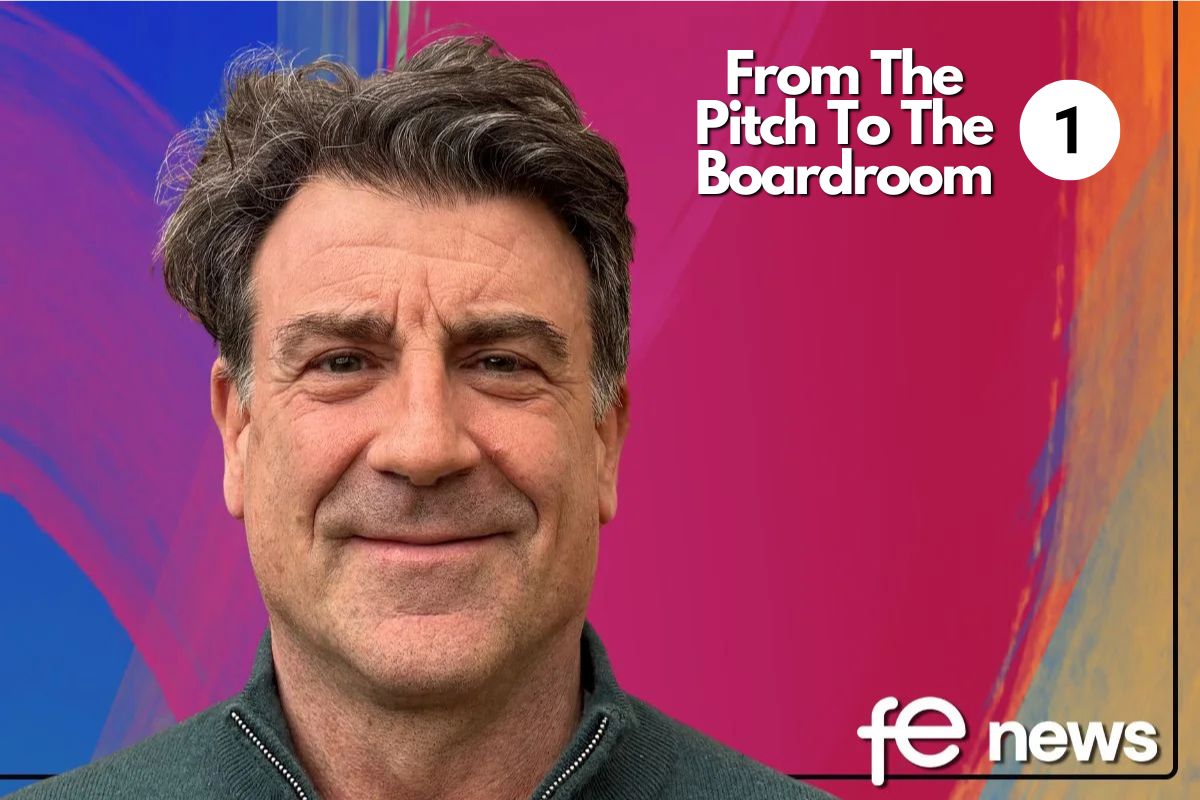
Responses